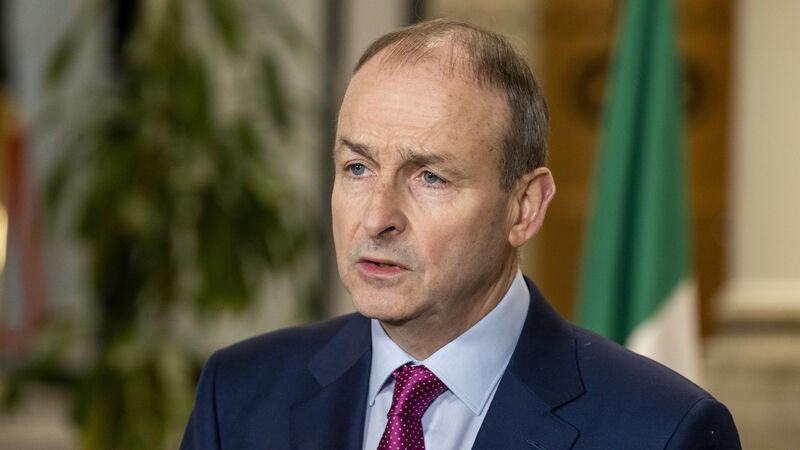Vaccine sequencing could change this week, Dáil hears

Taoiseach Micheál Martin said updated advice from the National Immunisation Advisory Committee is expected on Wednesday. File Picture: Julien Behal
Changes in the timeline for vaccination of at-risk groups could be made in the coming week.
Taoiseach Micheál Martin told the Dáil on Wednesday that updated advice from the National Immunisation Advisory Committee (NIAC) was expected that day.










